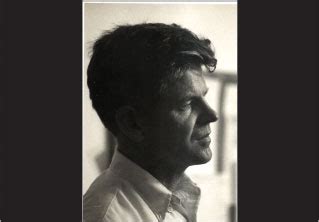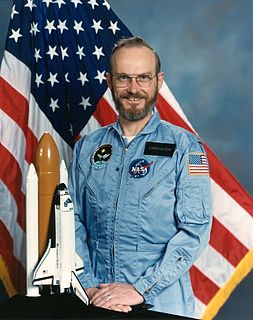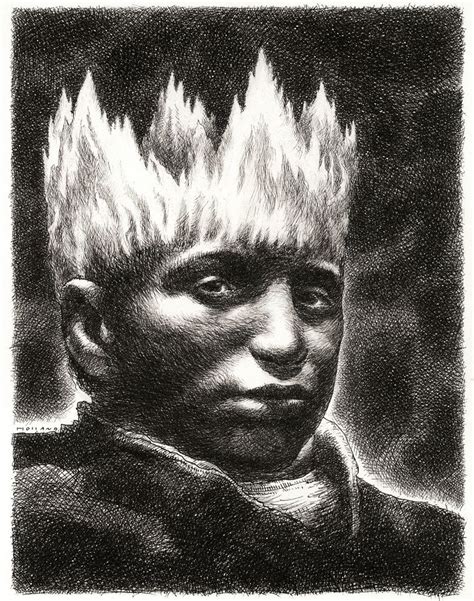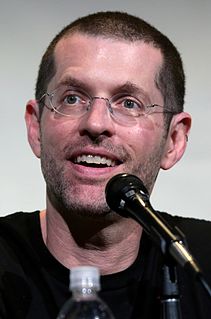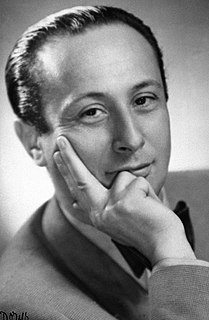A Quote by Robert Aris Willmott
History presents the pleasantest features of poetry and fiction,--the majesty of the epic, the moving accidents of the drama, the surprises and moral of the romance. Wallace is a ruder Hector; Robinson Crusoe is not stranger that Croesus; the Knights of Ashby never burnish the page of Scott with richer lights of lance and armor than the Carthaginians, winding down the Alps, cast upon Livy.
Related Quotes
Looking outward to the blackness of space, sprinkled with the glory of a universe of lights, I saw majesty-but no welcome. Below was a welcoming planet. There, contained in the thin, moving, incredibly fragile shell of the biosphere is everything that is dear to you, all the human drama and comedy. That's where life is; that's were all the good stuff is.
'Confederate,' in all of our minds, will be an alternative-history show. It's a science-fiction show. One of the strengths of science fiction is that it can show us how this history is still with us in a way no strictly realistic drama ever could, whether it were a historical drama or a contemporary drama.
Writing fiction is not a profession that leaves one well-disposed toward reading fiction. One starts out loving books and stories, and then one becomes jaded and increasingly hard to please. I read less and less fiction these days, finding the buzz and the joy I used to get from fiction in ever stranger works of non-fiction, or poetry.
And now I was lonelier, I supposed, than anyone else in the world. Even Defoe's creation, Robinson Crusoe, the prototype of the ideal solitary, could hope to meet another human being. Crusoe cheered himself by thinking that such a thing could happen any day, and it kept him going. But if any of the people now around me came near I would need to run for it and hide in mortal terror. I had to be alone, entirely alone, if I wanted to live.

